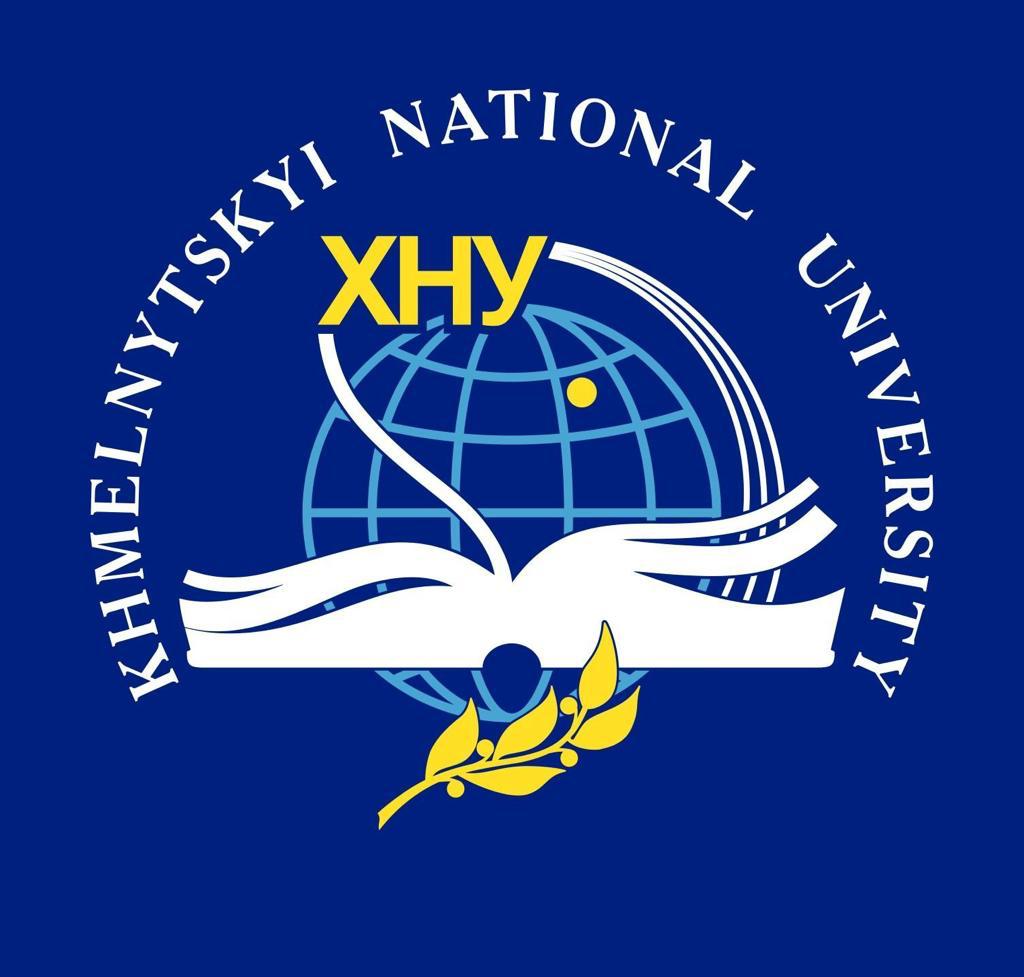FEATURES OF ASSESSMENT OF EDUCATIONAL ACHIEVEMENTS OF FUTURE TEACHERS IN DISTANCE EDUCATION CONDITIONS
DOI:
https://doi.org/10.31891/pcs.2023.3.12Keywords:
future teachers, control, assessment, types of assessment, credit-module system, formative assessmentAbstract
The article examines the possibility of organizing the educational process, namely, monitoring and evaluating the educational achievements of future teachers in the conditions of distance learning. The relationship between assessment in normal and distance learning conditions is shown.
The description of each stage of assessment and control is presented: introductory, intermediate and final. Entrance control is carried out by testing on the materials of a school textbook or materials of a previous related discipline. The student's entrance rating is determined by the obtained points. The organization of work based on the credit-module technology allows to assess students' knowledge by modules. To regulate this process, a student's module completion schedule has been developed. In such a graph, there are three lines, the markings on which correspond to the ideal value of the knowledge assessment for each module with a mark of "satisfactory", "good" and "excellent". Each student has such schedules, which gives him the opportunity to independently regulate his studies. The use of such schedules is an incentive for independent learning. At the intermediate stage, you can use additional types of control and evaluation: mutual control and mutual evaluation, creative tasks that allow you to show your thinking style and level of knowledge, writing letters to scientists, considering their theories in your own vision. If the student wants to improve his rating, resubmission of topics is allowed, but within two weeks, since the material of the next module is based on the previous one. At the final examination, the rating is based on the sum of points for the semester.
Another form of control and evaluation was analyzed: formative evaluation. The task of formative assessment includes: establishing the relationship between the goal, tasks, methodological approaches, didactic principles, components, criteria, forms, methods and means of the educational process, various types of technologies. Formative assessment provides information about the effectiveness of the educational process under the influence of external and internal factors, the effectiveness of the whole pedagogical system is evaluated.
References
Bazhmina E. A. Formuvalne otsiniuvannia: tsili, umovy, pryntsypy ta struktura. [Formative assessment: goals, conditions, principles and structure] Visnyk Cherkaskoho natsionalnoho universytetu imeni Bohdana Khmelnytskoho. Pedahohichni nauky, № 4, 2021. S. 130 137. URL: https://ped-ejournal.cdu.edu.ua/article/view/4048 (in Ukrainian).
Bereziuk O. S., Smoliar V. I. Shliakhy modernizatsii osvitnoi systemy Ukrainy. [Ways to modernize the educational system of Ukraine] Tendentsii modernizatsii natsionalnykh osvitnikh system: zbirn. nauk. prats / za red. O. S. Bereziuk, O. M. Vlasenko. Zhytomyr : vyd-vo ZhDU im. I. Franka, 2014. 158 s. (in Ukrainian).
Zelenska L. D., Mykhailenko M. O. Pedahohichnyi instrumentarii orhanizatsii formuvalnoho otsiniuvannia v zakladakh zahalnoi serednoi osvity. [Pedagogical tools for the organization of formative assessment in institutions of general secondary education] Naukovi zapysky. Pedahohichni nauky, 2022. S. 11 18. (in Ukrainian).
Molnar T. Teoriia ta praktyka pidhotovky maibutnikh uchyteliv pochatkovoi shkoly do roboty z uchniamy v mizhkulturnomu prostori Zakarpattia: [monohr.]. Zaporizhzhia: TOV «LIPS» LTD, 2022. 484 s.
Molnar T. I. Interaktyvni tekhnolohii u praktytsi pidhotovky maibutnikh uchyteliv pochatkovoi shkoly do roboty v mizhkulturnomu prostori Zakarpattia: navch.-metod. posib. dlia zdobuvachiv vyshchoi osvity dennoi ta zaochnoi form navchannia spetsialnosti 013 «Pochatkova osvita» OS «Bakalavr». Mukachevo: MDU, 2021. 72 s.6. Area M., Hernández V., & Sosa J. Models of educational integration of ICTs in the classroom. Comunicar. XXIV. 2016. № (47) P. 79–87.
Arries E. J. Professional values and ethical ideology: Perceptions of nursing students. Nurs Ethics. 2020 May; 27(3): 726–740. doi: 10.1177/0969733019889396
Sadler D. R. Formative assessment and the design of instructional strategies // Instructional Science. 1989. Vol. 18. рр. 119 144. (in English).





